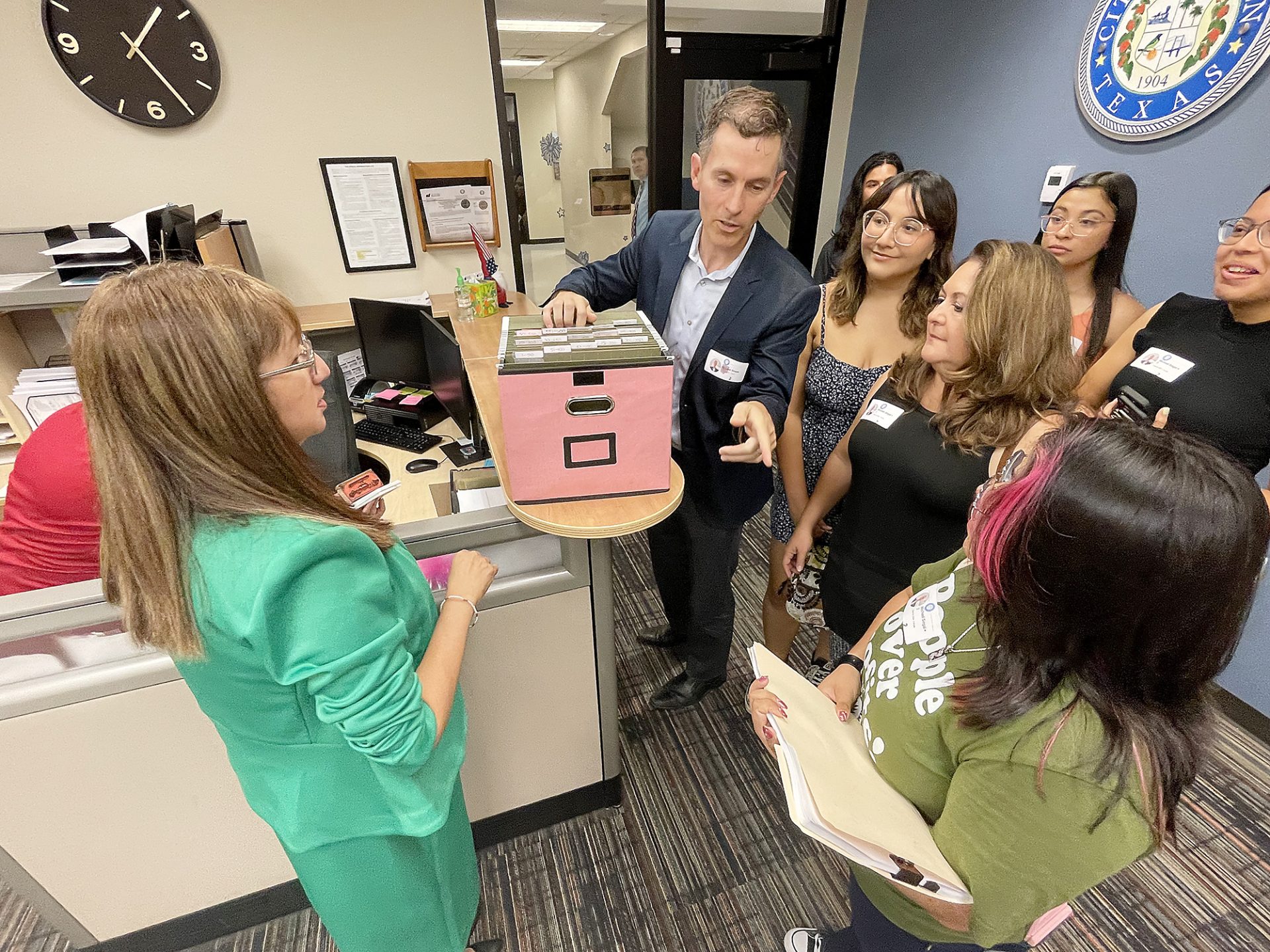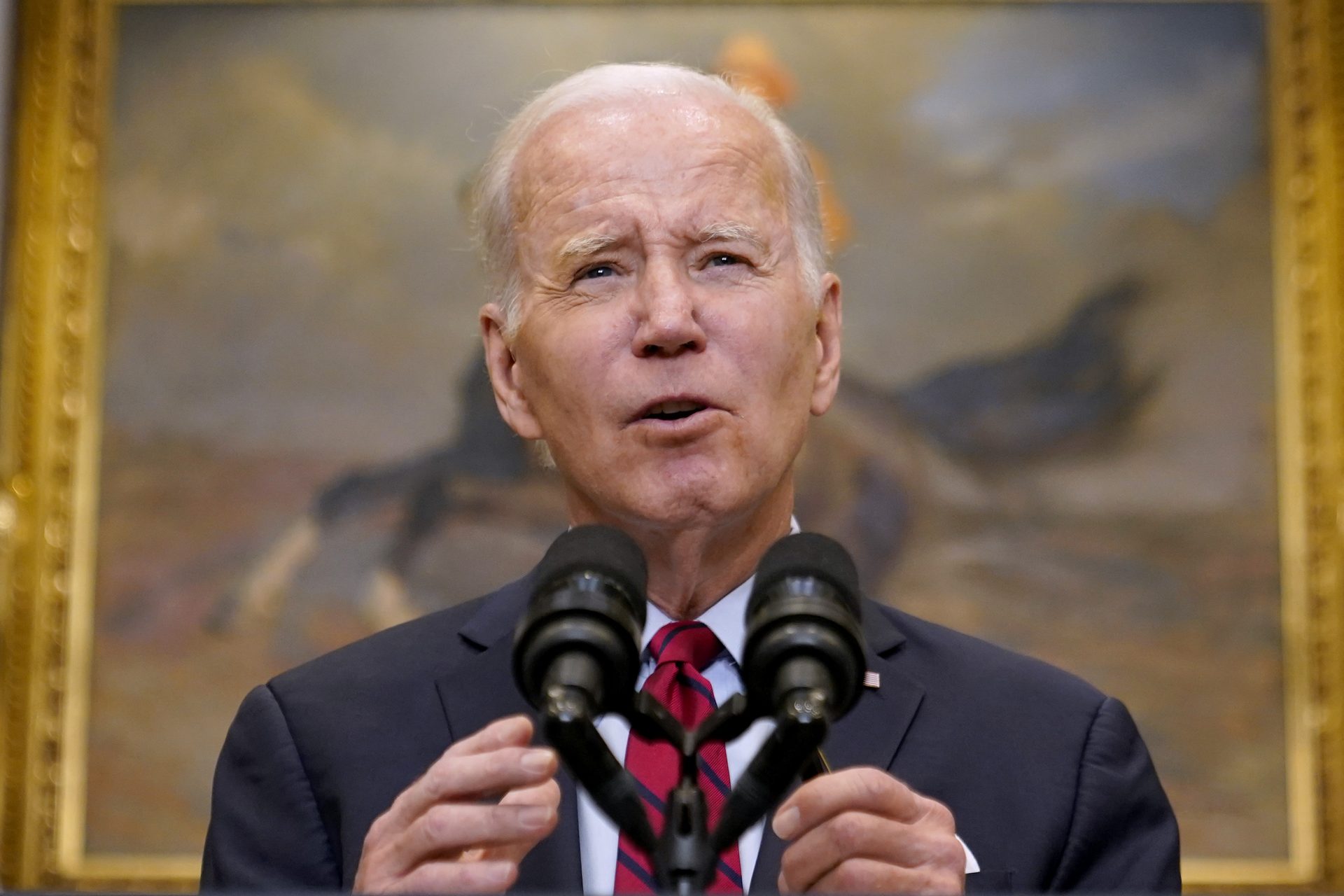BROWNSVILLE, Texas – Did you know that one in ten children nationwide and more than 2.3 million of them under the age of six live Texas?
And did you also know that one in ten children under the age of six with low-income, working parents live in what is known as a childcare desert?
A childcare desert is a census tract with more than 50 children under the age of five with no childcare providers and few other options.
A tour organized by Children at Risk was in Brownsville on Tuesday, Oct. 8 at the United Way of Southern Cameron County.
The informational session covered an array of topics, including funding, investing in quality childcare, Texas Proposition 2 that grants local tax exemptions for property use to operate childcare facilities, and the Texas Legislature.
Cameron County and the City of Weslaco are the only two places in the Rio Grande Valley that approved the exemption and part of less than two dozen cities and municipalities in Texas.
The session dealt with Texas Rising Star, or a quality rating and improvement system for child care-related issues that participates in the Texas Workforce Commission‘s Child Care Services initiative.
Lynn Luca, assistant director of education with Children at Risk said the cost of day care is getting out of reach for some parents.
She said in some areas parents are spending anywhere from ten to 50 percent of their monthly income on childcare.
“The cost is so high,” she said, “to the point some parents prefer staying home, than going to work.”
Locally, 29,717 children under the age of five live in what is known as the Cameron Local Development Board and it’s located in Harlingen.
By comparison, the Lower Rio Grande Local Workforce Development Board, located in Rio Grande City, has 75,047 children under the age of 5.
The board is required to allocate four percent of its Child Care Development Block Grant dollars into such programs.
The CLDB received more than $1.2 million for fiscal year 2023, while LRGLDB got more than $4.1 million for the same period.
Childcare has been a hot topic among some politicians from both the state and federal levels and its fate could be impacted depending on the outcome of this November presidential election.
At the state level, it will also be included in the upcoming 89th Texas Legislature, scheduled to take place from Jan. 14 through June 2, 2025.
Rio Grande Guardian reporter Steve Taylor adds:
MCALLEN, Texas – Children at Risk is currently on a 12-stop Texas Tour across the state to address what the group argues is the urgent need for equitable access to high-quality child care.
High-quality early childhood education is vital–not only for the academic achievements of children, particularly those from low-income families, but also for the economic health of Texas, Children at Risk argues. However, it says, access to affordable child care remains out of reach for many families across the state.
Children at Risk’s latest report is titled, “Paving the Way to Quality.” The report reveals that 51% of Texas zip codes are classified as Texas Rising Star (TRS) Child Care Deserts, and nearly 560,000 low-income children across Texas lack access to subsidized, high-quality care.
“While the state has made strides, with more children enrolled in TRS programs than ever before, as of 2023 only 36.7% of child care providers statewide participate in TRS. The disparity in participation rates means that many regions, particularly rural and underserved areas, are struggling to meet the needs of working families,” the group states.
Although the number of child care centers has rebounded to pre-pandemic levels, family child care homes have experienced an 18% loss since 2019, disproportionately impacting rural communities and communities of color, Children at Risk states.
“Without additional investment from the Texas Legislature, working families will continue to face significant challenges in securing child care–hindering their ability to participate in the workforce and slowing the overall growth of the Texas economy.”
The 89th Legislative Session is fast approaching and early education must be a priority for the Legislature, the group argues.
“It is clear we must maximize the use of our existing resources, create a new sustainable resource for early education, and support home-based providers.”
The post Children at Risk: Access to affordable child care remains out of reach for many families across Texas appeared first on Rio Grande Guardian.
 (2).png)
 1 week ago
34
1 week ago
34









 English (US)
English (US)